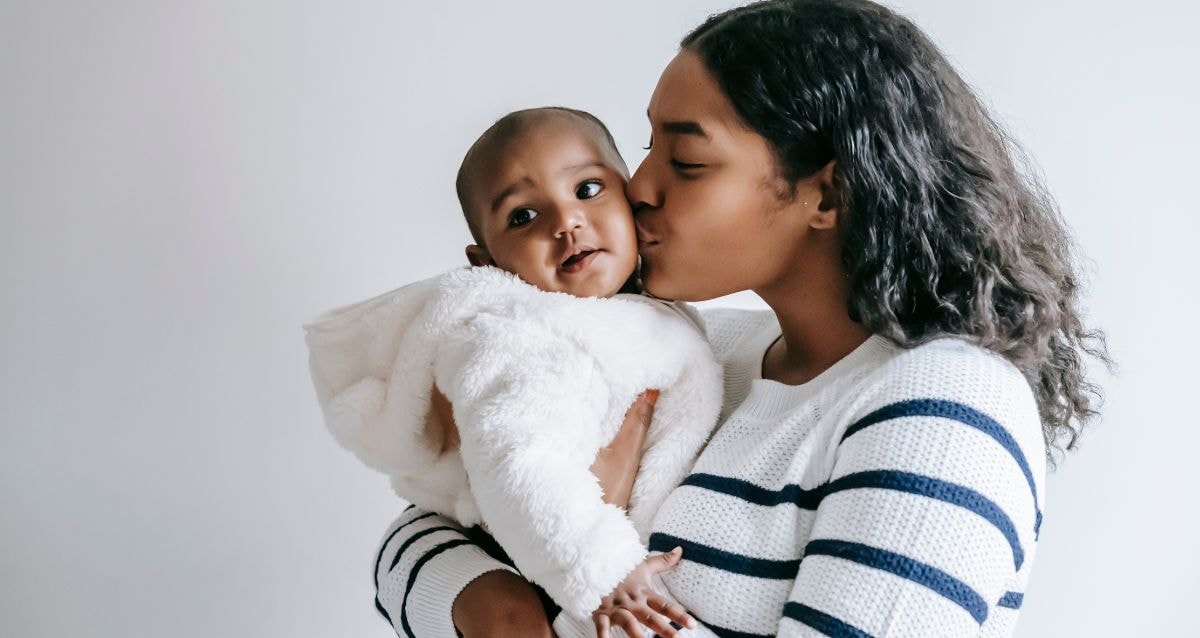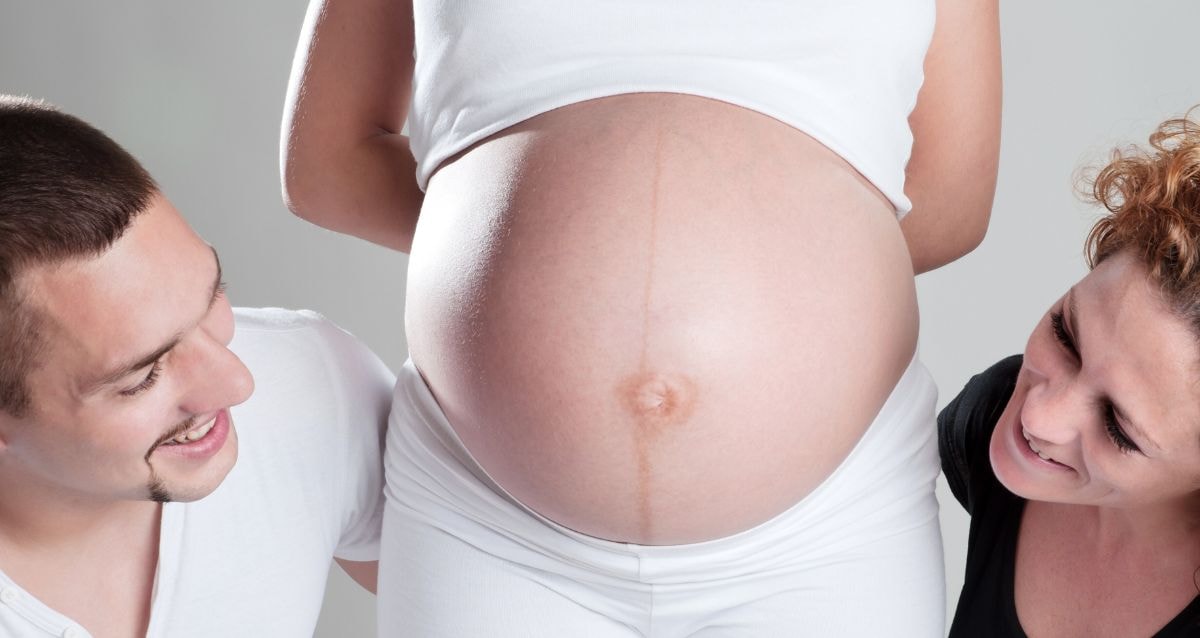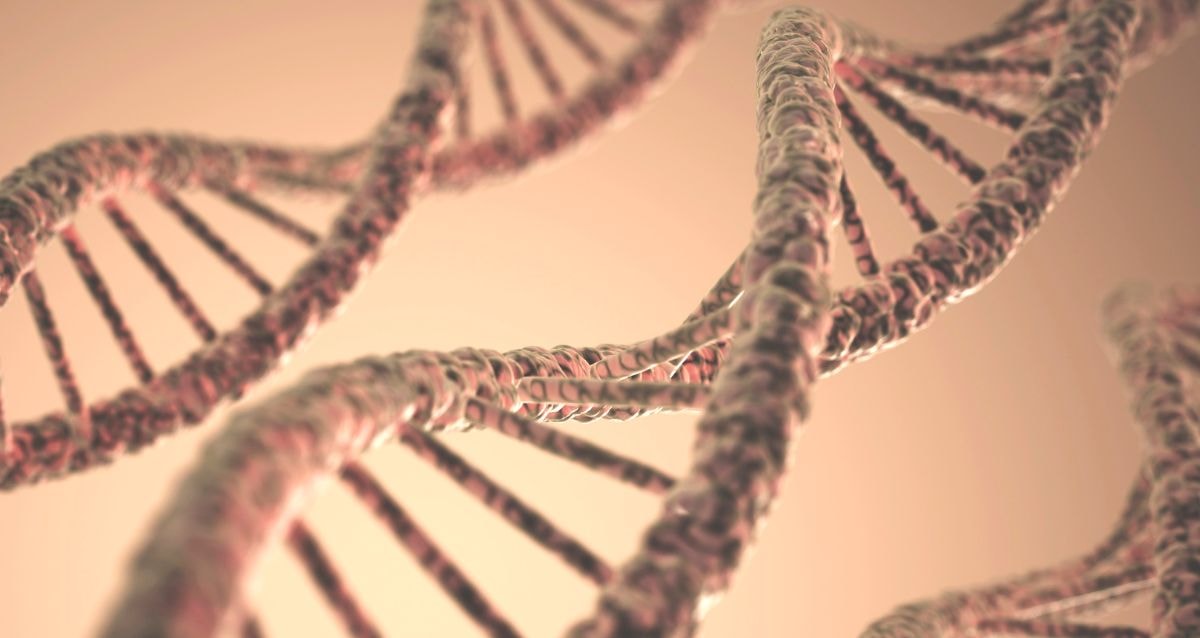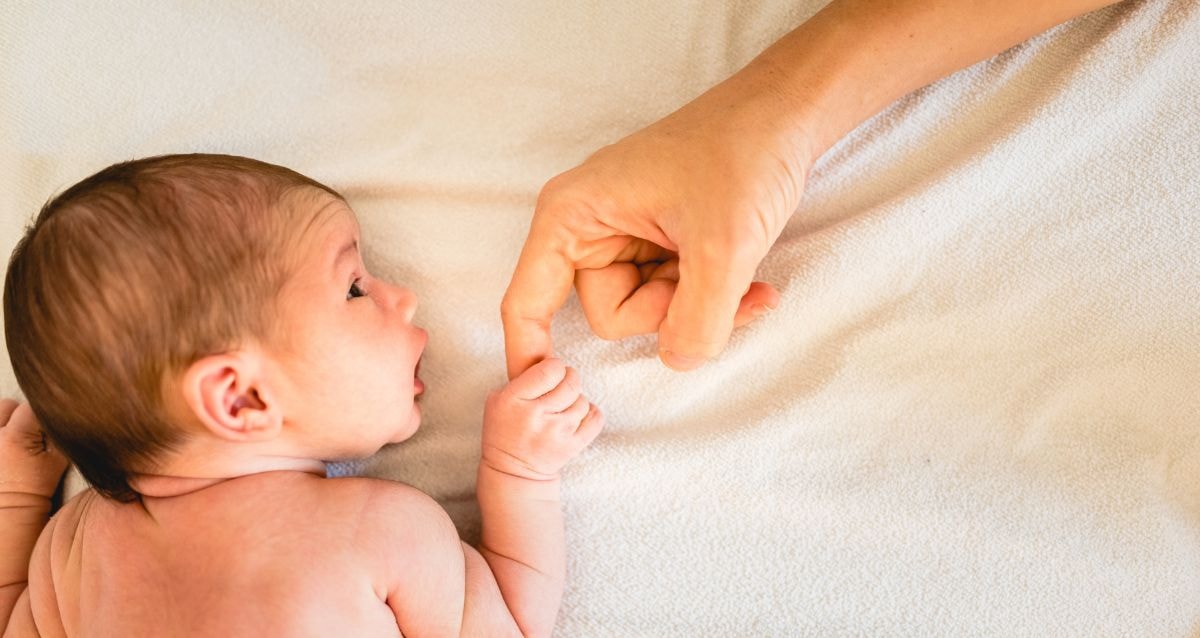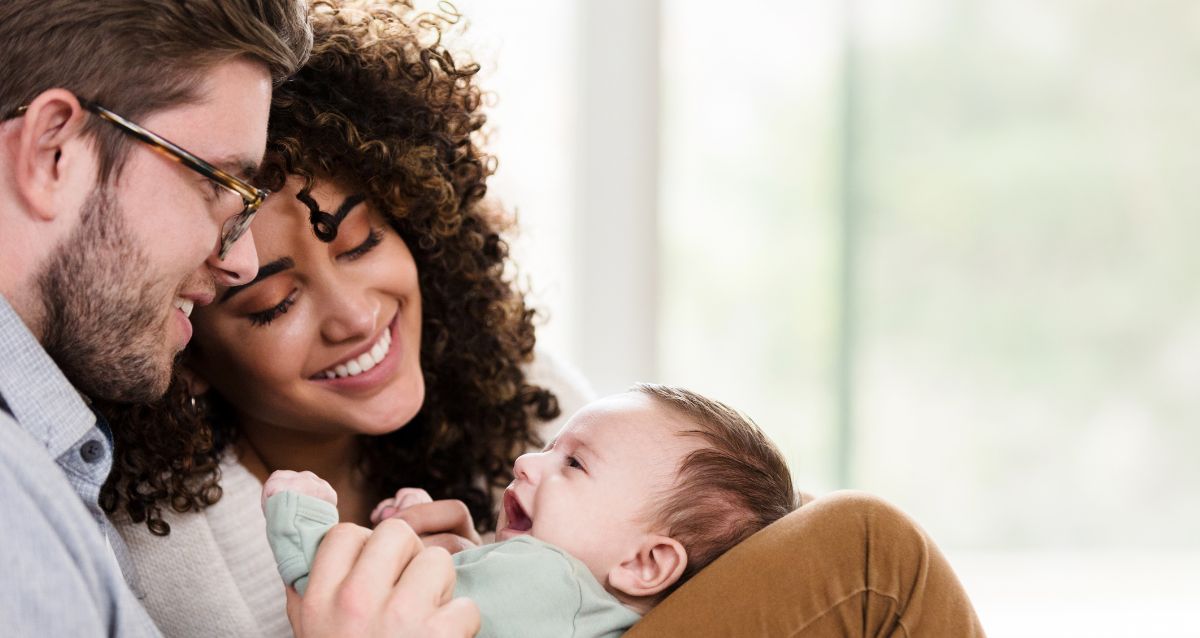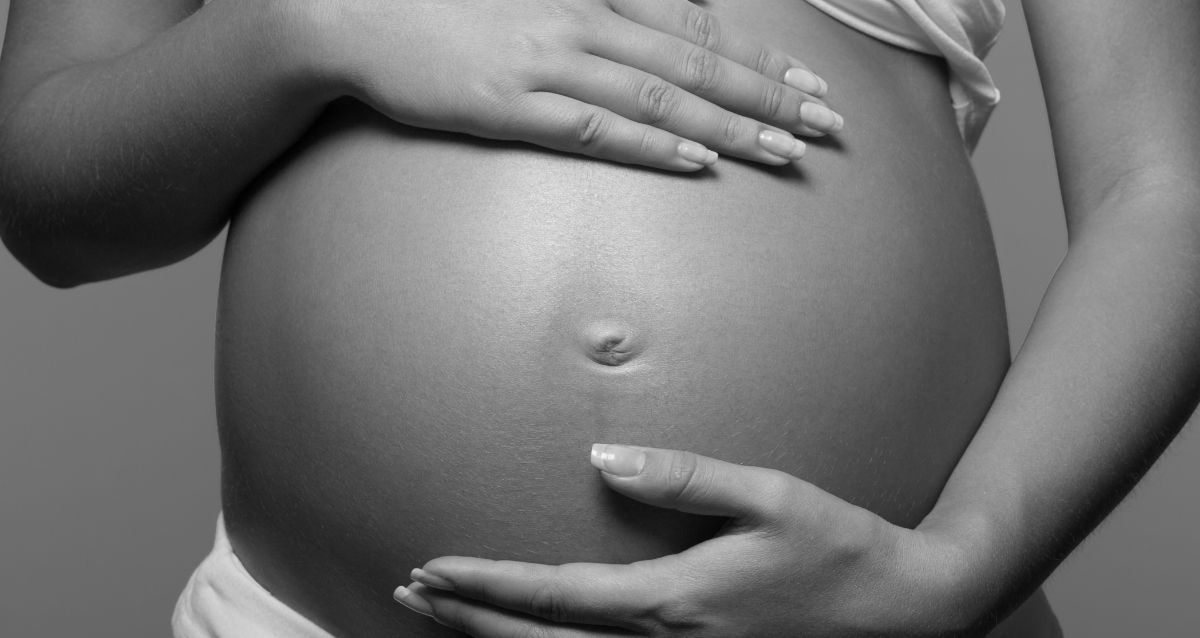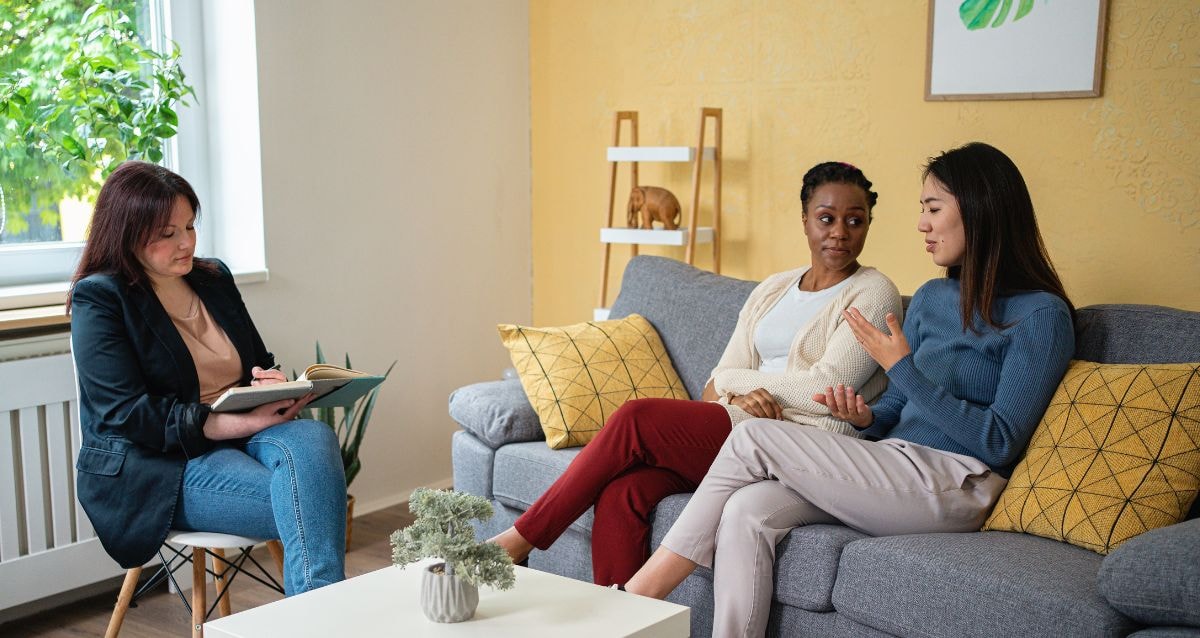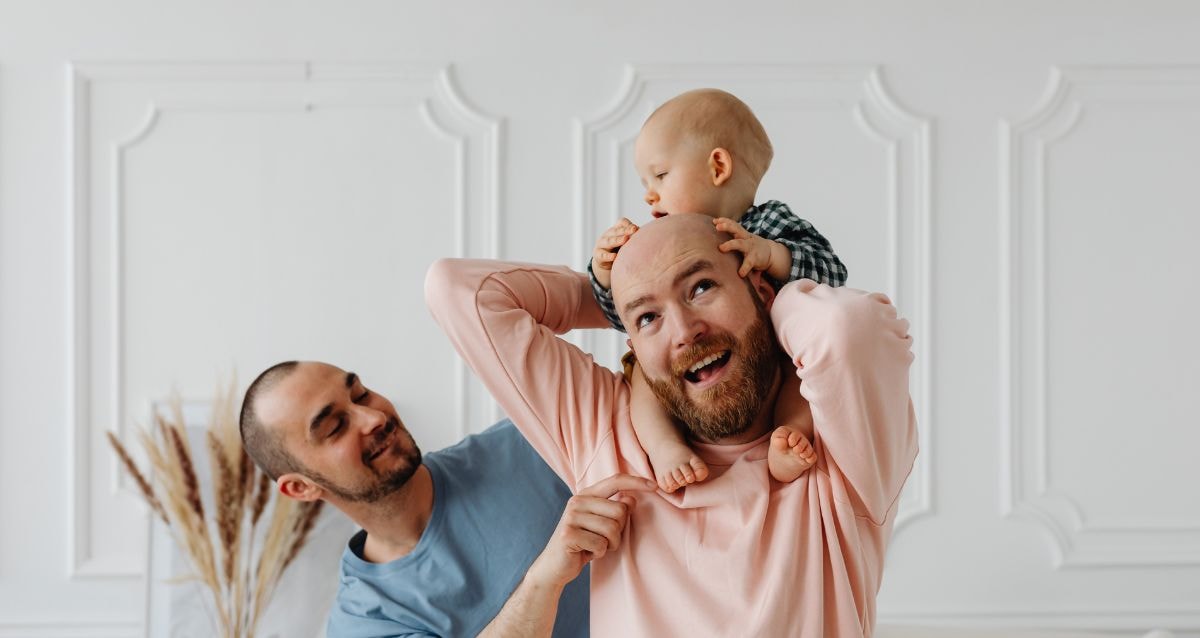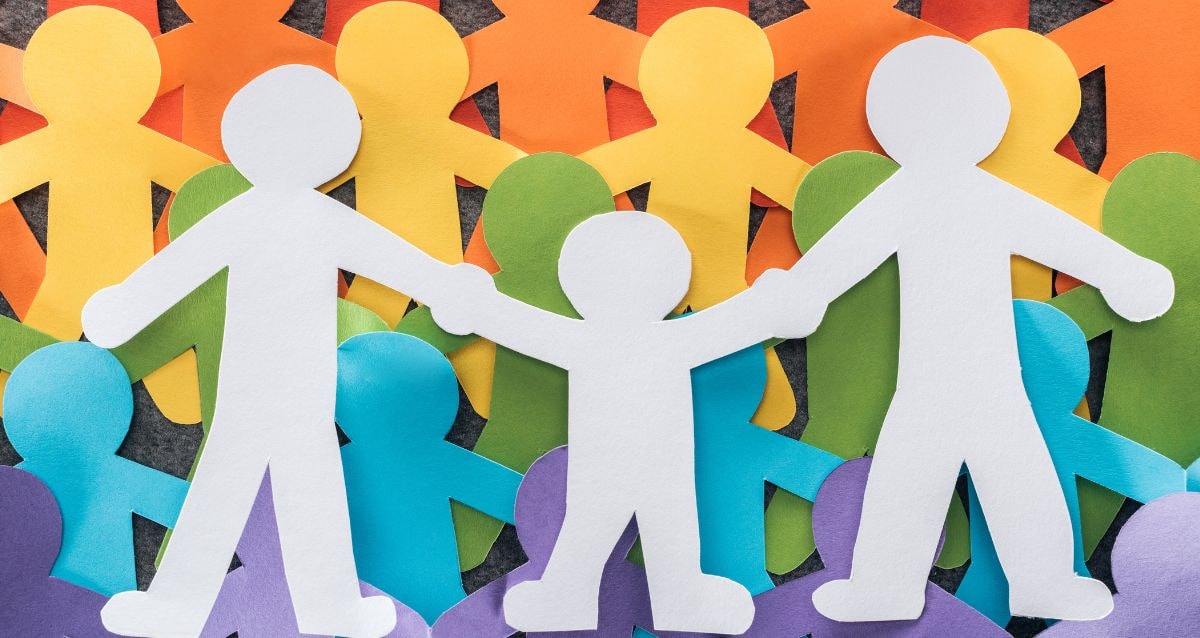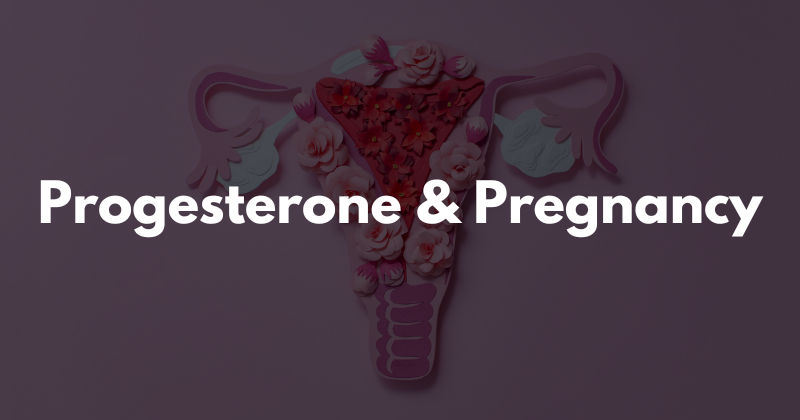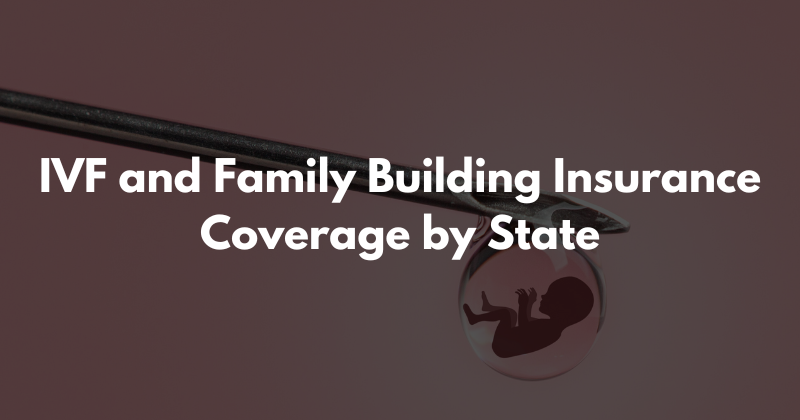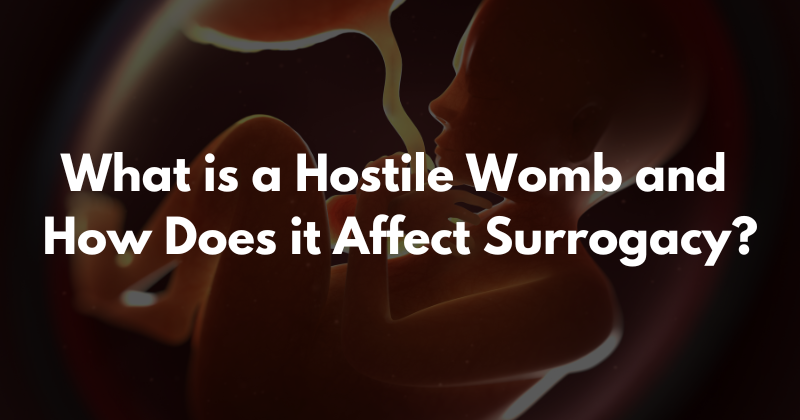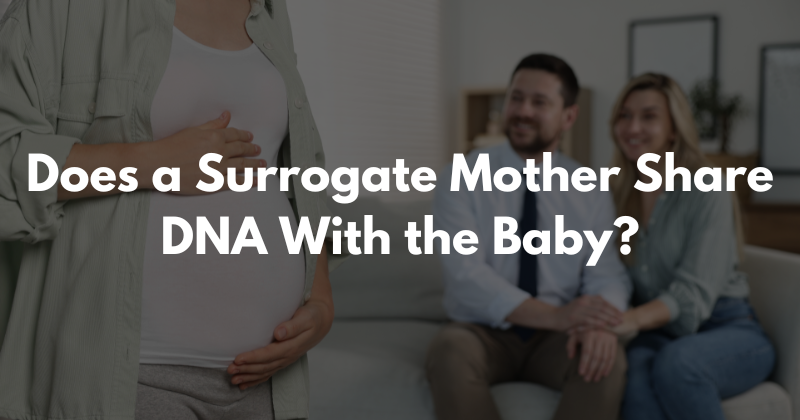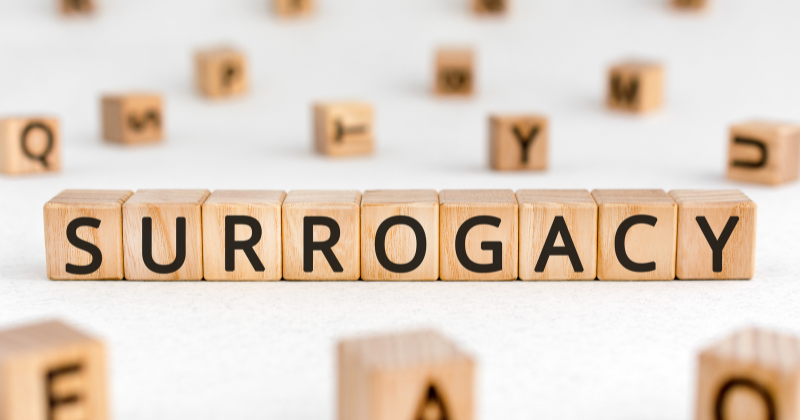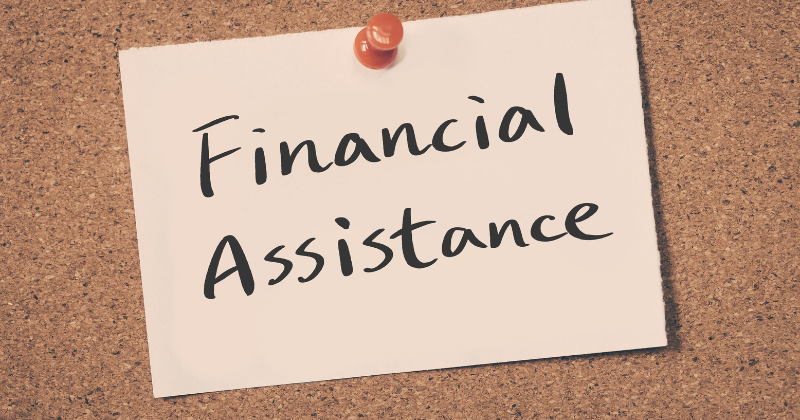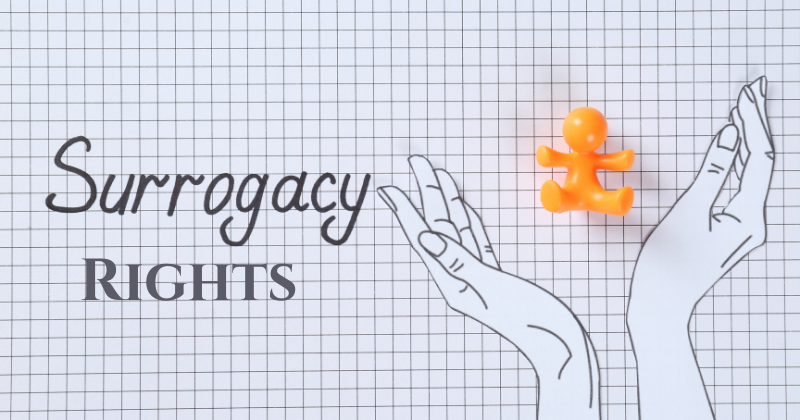This blog post was first published in August 2023 and has been updated in September 2025.
At Creative Love, one of the most common questions we hear is: Is a surrogate mother the biological mother? The short answer is no in most modern surrogacy cases, but it’s a little more layered than that. We know how important clarity is when you’re starting your surrogacy journey, so let’s break it down together.
Key Takeaways
- In gestational surrogacy, the surrogate is not the biological mother.
- A traditional surrogate may be genetically related, but this path is rare today.
- The biological mother is the woman whose egg was used, either the intended mother or an egg donor.
- A surrogate mother does not pass on DNA to the child.
- With strong surrogacy contracts, the intended parents have full parental rights when the baby is born.
What Does “Biological Mother” Really Mean?
When people ask in surrogacy who is the biological mother, they’re asking about genetics. A biological mother is the woman whose egg was used to create the embryo, meaning her DNA is passed down to the child.
But here’s the key: in gestational surrogacy, the surrogate mother does not share DNA with the surrogate baby. She carries the child with love and care, but the genetic material comes from either the intended mother or an egg donor, and the sperm from the intended father or a sperm donor.
So, if you’re wondering whether a surrogate mother is genetically related to the baby, she usually isn’t. Instead, she’s the incredible woman providing her womb to help the baby grow.
Now that we’ve defined what “biological mother” means, let’s look at the two types of surrogacy, because that’s where the real difference lies.
Two Paths: Traditional Surrogacy vs. Gestational Surrogacy
Not all surrogacy is the same. To understand who the biological mother is, we need to look at the two main paths:
Traditional Surrogacy
In traditional surrogacy, the surrogate’s own egg is used, often fertilized with the intended father’s sperm or donor sperm through artificial insemination.
Because her egg is involved, the traditional surrogate is both the birth mother and the biological mother. [Source]
While this was once more common, traditional surrogacy is rare today. Why? Because it creates legal and emotional complexities.
Imagine being both the surrogate and the biological mother, it can lead to legal complications, questions of legal custody, and extra challenges for everyone involved.
Gestational Surrogacy
Today, the vast majority of surrogacy arrangements are gestational surrogacy.
Here’s how it works: the embryo is created outside the body through in vitro fertilization (IVF) using an egg and sperm from the intended parents (or donors). Then, the embryo is transferred to the gestational carrier’s womb. [Source]
In this case, the gestational surrogate is not genetically related to the baby.
She’s the birth mother, but not the biological mother.
The DNA comes from the egg and sperm used to create the embryo, not from her.
Understanding these two paths helps clear up why most modern families choose gestational surrogacy.
But even then, many still wonder: does the surrogate mother pass on DNA in some hidden way? Let’s explore that.
Does a surrogate mother pass on DNA?
We know there’s a lot of confusion around this question, and it’s one we hear often: Does a surrogate mother pass on DNA? In gestational surrogacy, the answer is no. The child’s DNA is set the moment the egg and sperm meet during IVF.
That genetic blueprint comes entirely from the intended parents or from an egg donor and/or sperm donor.
The surrogate’s womb provides a safe, nurturing place for the embryo to grow, but she does not add her DNA to the baby.
So, if you’ve worried that a surrogate mother might somehow be genetically related to the surrogate baby, you can rest assured, she is not. There are also no family relations linked to the pregnancy.
Blood tests confirm that the baby’s DNA is completely tied to the genetic parents (or donors), not the surrogate in a surrogate pregnancy.
With that myth out of the way, let’s talk about what people mean when they say a baby was born via surrogate.
Via Surrogate Meaning
The phrase via surrogate simply means a baby was carried by a surrogate.
It doesn’t mean the surrogate is the biological mother.
It just describes the surrogacy process: a child was born with the help of a woman who carried the pregnancy for the intended parents.
The DNA still comes from the genetic parents, whether that’s the intended parents, an egg donor, or a sperm donor.
Now that we’ve defined the term, let’s look at the role of the intended parents in this process.
The Role of Intended Parents
For us at Creative Love, everything begins with the intended parents. They are the heart of the surrogacy journey. Here’s how their roles usually play out:
- The intended mother may provide her egg.
- The intended father may provide his sperm.
- Together, they are the genetic parents of their biological child.
- If donors are used, then the donor egg or donor sperm determines the biological connection.
Regardless of how the embryo is created, once the baby is born, the intended parents are the ones who receive legal custody through carefully prepared legal agreements.
Legal and Emotional Complexities
Surrogacy is beautiful, but let’s be honest, it’s also layered. That’s why having the right support matters.
Legal Process
Every surrogacy involves a surrogacy contract. This document lays out everything:
- Parental rights for the intended parents
- Coverage of medical expenses for the surrogate
- How to handle legal fees and legal complications if they arise
- The marital status of the intended parents (which can affect legal agreements)
Without this legal process, things could get messy. At Creative Love, we make sure the paperwork is crystal clear so that when your baby is born, you have full parental rights.
Emotional Complexities
Let’s also talk about the heart side of surrogacy.
A surrogate mother may experience big emotions while carrying a child that isn’t hers to raise.
Intended parents may feel nervous waiting through the fertility treatments and pregnancy.
That’s why at Creative Love, we build in psychological screening and ongoing emotional support for both surrogates and intended parents.
We believe a strong emotional foundation makes the entire surrogacy journey smoother and more joyful.
Once those challenges are managed, the question of family ties naturally comes up, how will the baby be related? Let’s explore that.
Why Families Trust Creative Love
At Creative Love, we don’t just match surrogates with intended parents, we walk every step with you. Families trust us because we:
- Provide thorough screening for surrogates.
- Partner with top clinics in reproductive medicine.
- Handle all the legal agreements and legal fees with care.
- Offer ongoing support to guide you through the legal and emotional complexities.
For us, this isn’t just a process, it’s a calling. We have a 98% matching success rate on the first attempt and believe that every family deserves the chance to hold their biological child in their arms, no matter the challenges.
Summary
So, is a surrogate mother the biological mother? In most cases, no. In gestational surrogacy, she is the loving birth mother, not the genetic mother. The DNA comes from the intended parents or donors, while the surrogate provides her womb, her care, and her heart.
At Creative Love, we’ve seen firsthand the joy, the relief, and the overwhelming love when intended parents finally hold their baby. That’s why we’re here, to guide you through every part of the surrogacy journey, from the first conversation to the moment your family ties grow stronger than you ever imagined.
Ready To Explore Surrogacy?
If you’re ready to explore surrogacy with experts who care, let’s talk. Together, we’ll take the steps that lead to one of life’s greatest gifts, a baby born via surrogate who is truly yours.
Frequently Asked Questions
Is a surrogate mother genetically related to the child born through surrogacy?
In most cases, no. In gestational surrogacy, the surrogate mother is not genetically related to the child. The DNA comes from the egg and sperm used during in vitro fertilization. The surrogate carries the pregnancy, but she doesn’t contribute DNA to the baby.
Can a surrogate share DNA with the baby?
This depends on the type of surrogacy. In traditional surrogacy, the surrogate mother share DNA with the child because her egg is used. But in gestational surrogacy, the surrogate does not. Even though the embryo is created using the intended parents’ or donors’ egg and sperm, the surrogate simply provides her womb for the baby’s growth.
Will the baby look like the surrogate?
Not usually. A baby’s appearance comes from the genetic relationships of the genetic parents who provided the egg and sperm. While the surrogate plays a vital role in the pregnancy, the baby will not look like the surrogate because she doesn’t provide genetic material.
What if a gestational carrier’s egg is used in the surrogacy process?
If a gestational carrier’s egg is used, she becomes both the carrier and the biological mother, meaning she is biologically related to the child. This is much less common today because families often prefer to separate the roles of egg donor and surrogate to keep the surrogacy process clearer from both legal and emotional perspectives.
How does assisted reproduction affect genetic relationships in surrogacy?
Thanks to advances in assisted reproduction, families can now grow in many different ways. Whether an embryo is created using the intended parents’ own egg and sperm or with the help of an egg donor or sperm donor, the surrogacy agency ensures everything is handled properly. The most important thing to remember is that DNA comes from the egg and sperm, not from the surrogate.
Wendy Arker entered the field of infertility with a huge heart and passion to guild others on their quest to grow their own family after her personal journey with infertility and turning to egg donation and sperm donation to create her own family. Being a single-mother-by-choice, Wendy understands firsthand the unique way families are built. Whether you’re a married couple, single, or LBGTQ, Creative Love is committed to assisting you.


